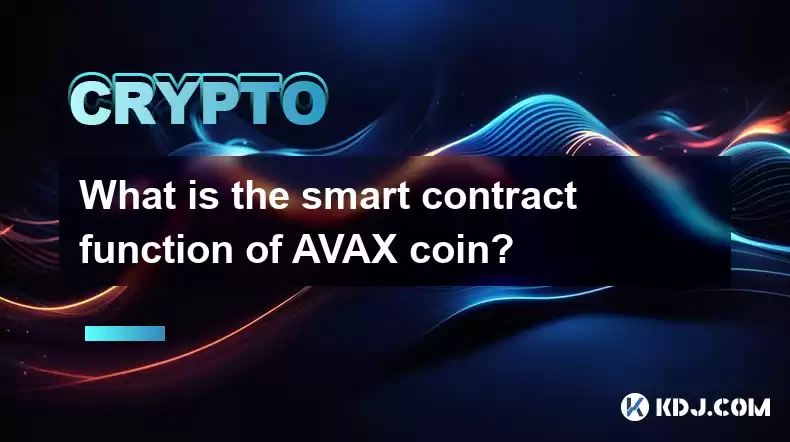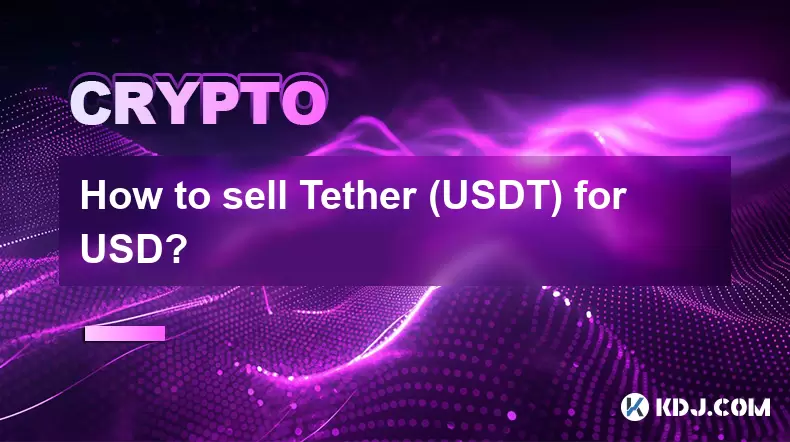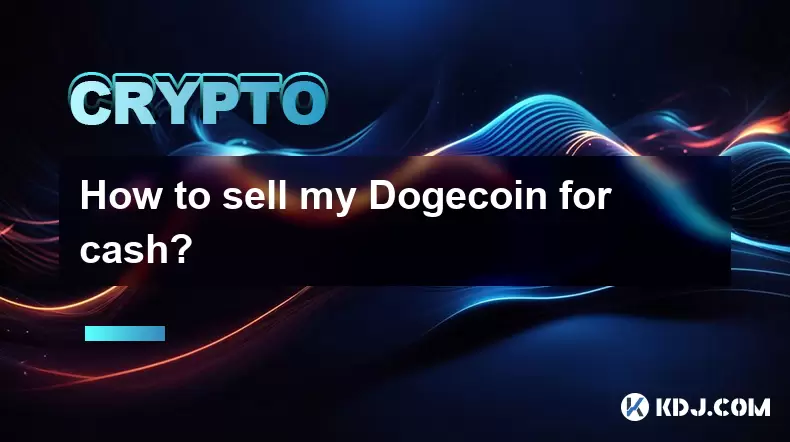-
 Bitcoin
Bitcoin $116300
2.01% -
 Ethereum
Ethereum $3815
5.35% -
 XRP
XRP $3.071
4.46% -
 Tether USDt
Tether USDt $1.000
0.02% -
 BNB
BNB $776.2
1.67% -
 Solana
Solana $173.0
5.70% -
 USDC
USDC $0.9999
0.00% -
 TRON
TRON $0.3389
1.14% -
 Dogecoin
Dogecoin $0.2125
5.92% -
 Cardano
Cardano $0.7627
5.16% -
 Hyperliquid
Hyperliquid $39.00
4.42% -
 Stellar
Stellar $0.4122
5.07% -
 Sui
Sui $3.654
7.22% -
 Chainlink
Chainlink $17.31
5.47% -
 Bitcoin Cash
Bitcoin Cash $582.2
4.28% -
 Hedera
Hedera $0.2521
3.53% -
 Ethena USDe
Ethena USDe $1.001
0.01% -
 Avalanche
Avalanche $22.77
3.47% -
 Litecoin
Litecoin $119.6
2.53% -
 UNUS SED LEO
UNUS SED LEO $8.944
-0.49% -
 Toncoin
Toncoin $3.288
3.95% -
 Shiba Inu
Shiba Inu $0.00001261
3.78% -
 Uniswap
Uniswap $10.12
5.80% -
 Polkadot
Polkadot $3.761
4.23% -
 Dai
Dai $1.000
-0.01% -
 Monero
Monero $285.1
-2.37% -
 Bitget Token
Bitget Token $4.387
1.43% -
 Cronos
Cronos $0.1476
5.88% -
 Pepe
Pepe $0.00001080
4.75% -
 Ethena
Ethena $0.6374
11.58%
What is the smart contract function of AVAX coin?
Avalanche's (AVAX) smart contracts, supported by multiple VMs (EVM & AVM), enable secure, scalable dApp development, offering diverse functionalities beyond simple transactions; however, understanding gas fees is crucial for developers.
Mar 21, 2025 at 09:57 am

Key Points:
- Avalanche (AVAX) utilizes smart contracts for decentralized application (dApp) development, offering various functionalities beyond simple transactions.
- AVAX's smart contract functionality supports multiple virtual machines (VMs), enhancing compatibility and flexibility.
- Security and scalability are key features enabled by AVAX's smart contract infrastructure.
- Developers can leverage AVAX's robust ecosystem and tools to build and deploy diverse dApps.
- Understanding gas fees and transaction costs is crucial when working with AVAX smart contracts.
What is the smart contract function of AVAX coin?
Avalanche (AVAX) is a Layer-1 blockchain platform designed for scalability and speed. A core component of its functionality is its robust support for smart contracts. These self-executing contracts automate agreements between parties, eliminating the need for intermediaries. This functionality allows developers to create a wide range of decentralized applications (dApps).
AVAX supports multiple virtual machines (VMs), most notably the Ethereum Virtual Machine (EVM) and the Avalanche Virtual Machine (AVM). The EVM compatibility is a significant advantage, allowing developers familiar with Ethereum development to easily transition to the Avalanche ecosystem. The AVM, on the other hand, offers potentially improved performance and capabilities tailored to Avalanche's unique architecture. This dual VM support significantly broadens the range of smart contracts that can be deployed.
The ability to deploy smart contracts on Avalanche opens the door to various applications. Decentralized finance (DeFi) applications, including lending platforms, decentralized exchanges (DEXs), and yield farming protocols, are prominent examples. Non-fungible token (NFT) marketplaces and gaming platforms are also readily developed using AVAX's smart contract capabilities. The platform's speed and scalability make it attractive for these applications, which often involve high transaction volumes.
Security is a paramount concern in any blockchain, and Avalanche addresses this with its novel consensus mechanism, Avalanche consensus. This mechanism is designed to provide high throughput and low latency while maintaining a high level of security. This translates to secure and reliable execution of smart contracts, minimizing the risk of vulnerabilities and attacks. The platform's security features contribute to the overall trust and reliability of dApps built on the network.
Scalability is another crucial aspect of AVAX's smart contract infrastructure. The Avalanche consensus mechanism and its subnets architecture allow for efficient processing of numerous transactions simultaneously. This contrasts with some other blockchains that suffer from scalability limitations, hindering the growth and adoption of dApps. This high throughput is crucial for dApps requiring high transaction volumes.
Developing and deploying smart contracts on Avalanche requires familiarity with its specific tools and frameworks. The Avalanche documentation provides comprehensive resources and tutorials to guide developers through the process. The community also plays a vital role, offering support and assistance to developers of all skill levels. This strong developer community fosters innovation and facilitates the growth of the Avalanche ecosystem.
Understanding gas fees is essential when working with AVAX smart contracts. Gas fees represent the computational cost of executing a smart contract. These fees are paid in AVAX tokens and vary depending on the complexity of the contract and network congestion. Developers need to consider gas costs when designing and deploying their smart contracts to avoid unexpected expenses.
The transaction process involves several steps:
- Writing the Smart Contract: This step involves coding the smart contract using a suitable programming language (like Solidity for EVM).
- Compiling the Smart Contract: The code is then compiled into bytecode, which is the machine-readable form the blockchain understands.
- Deploying the Smart Contract: The compiled bytecode is then deployed to the Avalanche network, making it accessible to users.
- Interacting with the Smart Contract: Users can interact with the deployed contract to trigger its functions and execute the programmed logic.
Beyond DeFi and NFTs, the potential applications of AVAX smart contracts extend to supply chain management, digital identity, and voting systems. The flexibility and versatility of the platform make it suitable for a wide range of use cases, driving its growth and adoption within the cryptocurrency space. The platform's commitment to scalability and security positions it as a strong contender in the ever-evolving landscape of blockchain technology.
Frequently Asked Questions:
Q: What programming languages are supported for writing AVAX smart contracts?
A: Primarily Solidity for EVM-based contracts and various languages compatible with the AVM.
Q: How do I pay for gas fees when deploying an AVAX smart contract?
A: Gas fees are paid in AVAX tokens. You'll need a sufficient AVAX balance in your wallet.
Q: Is it difficult to learn how to develop smart contracts on Avalanche?
A: The learning curve varies depending on prior programming experience. Avalanche provides resources and a supportive community to aid developers.
Q: What are the advantages of using AVAX for smart contract deployment compared to other blockchains?
A: Key advantages include scalability, speed, EVM compatibility, and a robust security model.
Q: Are there any security risks associated with using AVAX smart contracts?
A: As with any smart contract platform, vulnerabilities exist. Careful auditing and secure coding practices are crucial to mitigate risks.
Disclaimer:info@kdj.com
The information provided is not trading advice. kdj.com does not assume any responsibility for any investments made based on the information provided in this article. Cryptocurrencies are highly volatile and it is highly recommended that you invest with caution after thorough research!
If you believe that the content used on this website infringes your copyright, please contact us immediately (info@kdj.com) and we will delete it promptly.
- BlockchainFX, Bitcoin Swift, Crypto Presales: What's the Hype?
- 2025-08-07 19:10:13
- SHIB Community at Crossroads: Shytoshi Kusama's Leadership Under Scrutiny as Elections Loom
- 2025-08-07 18:30:13
- IREN Overtakes: A New King in the Bitcoin Miner Hashrate Race?
- 2025-08-07 16:31:29
- Memecoins Mania: Whales Eye Pepe Dollar (PEPD) as Bonk Cools Off, While MoonBull Hogs the Spotlight!
- 2025-08-07 16:51:17
- Unilabs, PEPE, and Investment Risk: Navigating the Crypto Hype
- 2025-08-07 16:31:29
- Meme Coin Mania: Rug Pulls, CZ-Inspired Tokens, and the Wild West of Crypto
- 2025-08-07 16:57:14
Related knowledge

Where can I buy UMA (UMA)?
Aug 07,2025 at 06:42pm
Understanding UMA and Its Role in Decentralized FinanceUMA (Universal Market Access) is an Ethereum-based decentralized finance (DeFi) protocol design...

What is the best app to buy EOS?
Aug 07,2025 at 04:35pm
Understanding EOS and Its Role in the Cryptocurrency EcosystemEOS is a blockchain platform designed to support decentralized applications (dApps) with...

How to sell Tether (USDT) for USD?
Aug 07,2025 at 03:29pm
Understanding Tether (USDT) and Its USD ValueTether (USDT) is a stablecoin designed to maintain a 1:1 value ratio with the United States Dollar (USD)....

How to sell my Bitcoincoin for cash?
Aug 07,2025 at 02:14pm
Understanding the Basics of Selling Dogecoin for CashSelling Dogecoin for cash involves converting your DOGE tokens into a fiat currency such as USD, ...

What is Chainlink (LINK)?
Jul 22,2025 at 02:14am
Understanding Chainlink (LINK): The Decentralized Oracle NetworkChainlink is a decentralized oracle network designed to bridge the gap between blockch...

What is Avalanche (AVAX)?
Jul 22,2025 at 08:35am
What is Avalanche (AVAX)?Avalanche (AVAX) is a decentralized, open-source blockchain platform designed to support high-performance decentralized appli...

Where can I buy UMA (UMA)?
Aug 07,2025 at 06:42pm
Understanding UMA and Its Role in Decentralized FinanceUMA (Universal Market Access) is an Ethereum-based decentralized finance (DeFi) protocol design...

What is the best app to buy EOS?
Aug 07,2025 at 04:35pm
Understanding EOS and Its Role in the Cryptocurrency EcosystemEOS is a blockchain platform designed to support decentralized applications (dApps) with...

How to sell Tether (USDT) for USD?
Aug 07,2025 at 03:29pm
Understanding Tether (USDT) and Its USD ValueTether (USDT) is a stablecoin designed to maintain a 1:1 value ratio with the United States Dollar (USD)....

How to sell my Bitcoincoin for cash?
Aug 07,2025 at 02:14pm
Understanding the Basics of Selling Dogecoin for CashSelling Dogecoin for cash involves converting your DOGE tokens into a fiat currency such as USD, ...

What is Chainlink (LINK)?
Jul 22,2025 at 02:14am
Understanding Chainlink (LINK): The Decentralized Oracle NetworkChainlink is a decentralized oracle network designed to bridge the gap between blockch...

What is Avalanche (AVAX)?
Jul 22,2025 at 08:35am
What is Avalanche (AVAX)?Avalanche (AVAX) is a decentralized, open-source blockchain platform designed to support high-performance decentralized appli...
See all articles

























































































